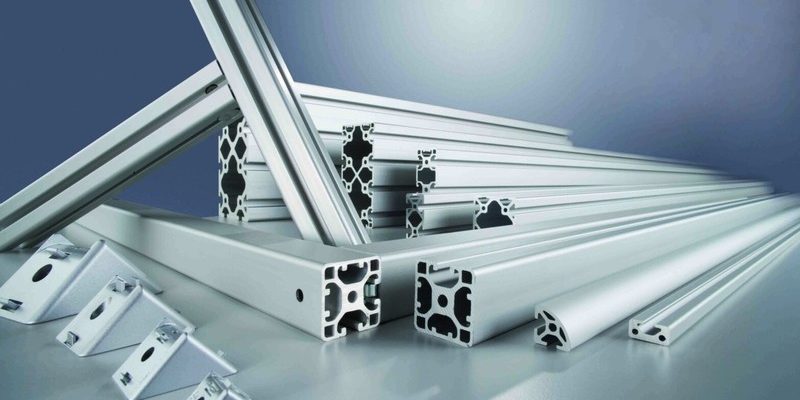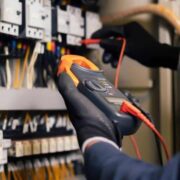Aluminium profiles, also known as aluminium extrusions and components, play a crucial role in diverse industries thanks to their exceptional versatility and numerous benefits. These profiles are crafted through the extrusion process, where aluminium is pushed through a shaped die to form long sections with a consistent cross sectional shape. This technique enables a broad spectrum of uses across different sectors. In this article, we will delve into how aluminium profiles are utilized in different industries and why they hold such high regard.
Construction Sector
Within the construction field, aluminium profiles find extensive use due to their robustness, lightweight nature and resistance to corrosion. They are commonly applied in framing windows, doors and curtain walls. Their capacity to support large glass panels and offer structural integrity makes them a preferred option for contemporary architectural styles. Furthermore, aluminium profiles are integral in constructing facades, skylights and roofing systems where their visual appeal and longevity are highly prized.
Automotive Domain
The automotive industry has witnessed a notable transition towards incorporating aluminium profiles because of the material’s role in reducing vehicle weight and enhancing fuel efficiency.
Aluminium extrusions play a vital role in crafting car frames, bumpers and structural parts. Their impressive strength to weight ratio not only boosts vehicle performance and safety but also helps reduce emissions and improve fuel efficiency.
In the aerospace industry, aluminium profiles are indispensable due to their excellent strength to weight ratio and ability to withstand extreme temperatures. They are commonly used in building aircraft frames, wings and landing gear. The lightweight properties of aluminium aid in lowering overall aircraft weight, essential for enhancing fuel efficiency and performance. Moreover, its durability and resistance to corrosion ensure that aerospace components can endure challenging operational environments.
Within the realm of electronics and electrical engineering, aluminium profiles are utilized for producing enclosures, heat sinks and structural frameworks for various devices. The exceptional thermal conductivity of aluminium assists in dissipating heat from electronic components, preventing overheating and maintaining reliable performance. Furthermore, these profiles find application in assembling server racks, control panels and other crucial infrastructure where structural integrity and thermal regulation are paramount.
In the renewable energy sector, the use of aluminium profiles is advantageous in constructing frames for solar panels and wind turbines.
Aluminium’s light weight and ability to resist corrosion make it a great choice for outdoor settings where exposure to the elements is a factor. Its strength ensures that renewable energy systems remain stable and durable, enhancing the efficiency and longevity of solar panels and wind turbines.
In the realm of furniture and interior design, aluminium profiles are widely used. They help create modern, stylish furniture pieces like tables, chairs and shelves. The material’s adaptability allows for unique designs and customization options, while its durability guarantees that furniture can withstand everyday use. Aluminium profiles also play a role in building interior partitions, lighting fixtures and decorative elements.
Within the transportation and logistics industry, aluminium profiles are utilized to construct lightweight yet sturdy components for vehicles such as trains, buses and trucks. Their combination of strength and low weight contributes to overall vehicle efficiency and carrying capacity. Moreover, aluminium extrusions find application in cargo management systems design as well as shelving and storage solutions where resilience and versatility are key factors.
In conclusion, the flexibility of aluminium profiles is evident across a range of sectors including construction, automotive manufacturing, aerospace engineering and renewable energy technologies.
Aluminium extrusions and components are valued for their unique qualities like being lightweight, strong, durable and resistant to corrosion. They are essential materials in today’s manufacturing and design industries. As technology advances and industries progress, aluminium profiles will undoubtedly have a significant impact on shaping the future of technology and infrastructure.
Recognizing the various uses of aluminium profiles underscores their significance and flexibility. Whether in construction, electronics or renewable energy sectors, utilizing aluminium extrusions and components offers multiple advantages that enhance efficiency, performance and sustainability across various industries.











Comments